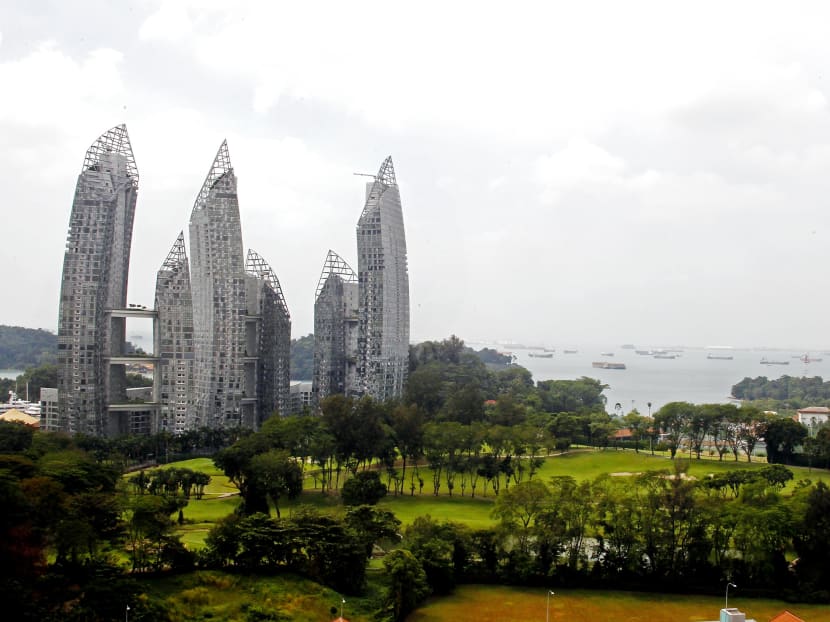Move to take back land a significant step towards planning, say analysts
SINGAPORE — Analysts TODAY spoke to felt the Government’s move to take back land occupied by golf courses for redevelopment is a significant step towards planning for land-scarce Singapore’s growing population needs and noted that more of such land would probably be needed if the development plans released by the authorities are any indication.
SINGAPORE — Analysts TODAY spoke to felt the Government’s move to take back land occupied by golf courses for redevelopment is a significant step towards planning for land-scarce Singapore’s growing population needs and noted that more of such land would probably be needed if the development plans released by the authorities are any indication.
Although the 200ha affected by the announcement yesterday forms only a fraction of the 1,500ha of land currently occupied by golf courses, ERA Key Executive Officer Eugene Lim said the affected area is enough for the Changi Airport expansion and other plans outlined by the Urban Redevelopment Authority. For example, the southern waterfront area, where Keppel Club’s 44ha site is located, is fairly large and undeveloped, providing space for future plans. “Eventually, I think it will be prime estate,” he added.
Assistant Professor of Geography Harvey Neo at the National University of Singapore (NUS) said yesterday’s announcement would meet some of Singapore’s immediate needs but, with the population projected to reach 6.9 million by 2030, more land would be needed. This is evidenced by the fact that the Government has said it would not be extending Orchid Country Club’s lease after the latest extension to 2030.
Asked whether he felt the land being taken back could be conserved as green lungs for the public, Dr Neo said: “The Government should, as far as possible, no matter how small the space seems to be. It could consider greening whatever spaces it has.”
Associate Professor Tay Kah Poh from the NUS Department of Real Estate noted that, even in land zoned for residential or commercial use, pockets of green are becoming an integral part of most developments. A development such as Gardens By The Bay, he said, is probably the last of its kind as a land devoted to open spaces and parks. “In terms of priority between green spaces and the pursuit of economic growth, I think the latter is deemed more important,” he added.
Analysts were upbeat about the potential of the Keppel site, noting its prime location and capacity to be used for a mix of developments. Noting that the Government had said it would offer Keppel an alternative site to function as a social club, some suggested the alternative site remain in the zone, given Keppel’s 110-year history. Said Suntec Real Estate Consultants’ Director of Research and Consultancy Colin Tan: “When you preserve a heritage, the building must be somewhere in there.”
Correction: The original article reported that Orchid Country Club’s lease would not be extended after 2040. This is incorrect. The lease expires in 2030. We apologise for the error. This article was edited 4.30pm on Feb 17.







